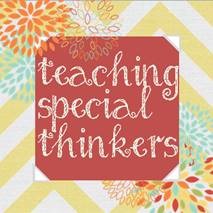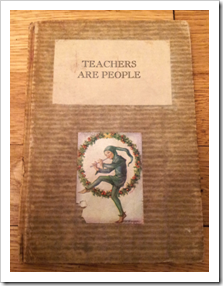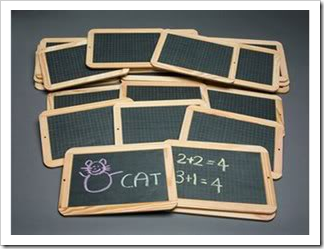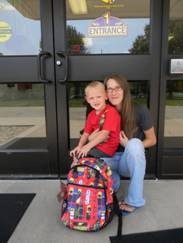
Previously on Teaching & Education Beliefs, I wrote it was the last set of beliefs, but they were not. Sorry. Today’s beliefs are. Here are the last 20 of my top 100 beliefs about teaching and education.
All kids are gifted. Every child has some talent or skill. Teachers are there to help them develop and excel in it. But remember, numeracy and literacy skills are not the only gifts available and they are not great predictors of excellence in the future.
Kids’ hobbies are very important for their emotional intelligence, more than their academic success. Encourage kids to have hobbies, share yours with them, introduce them to different people with different hobbies and give a stage in class to share theirs.















